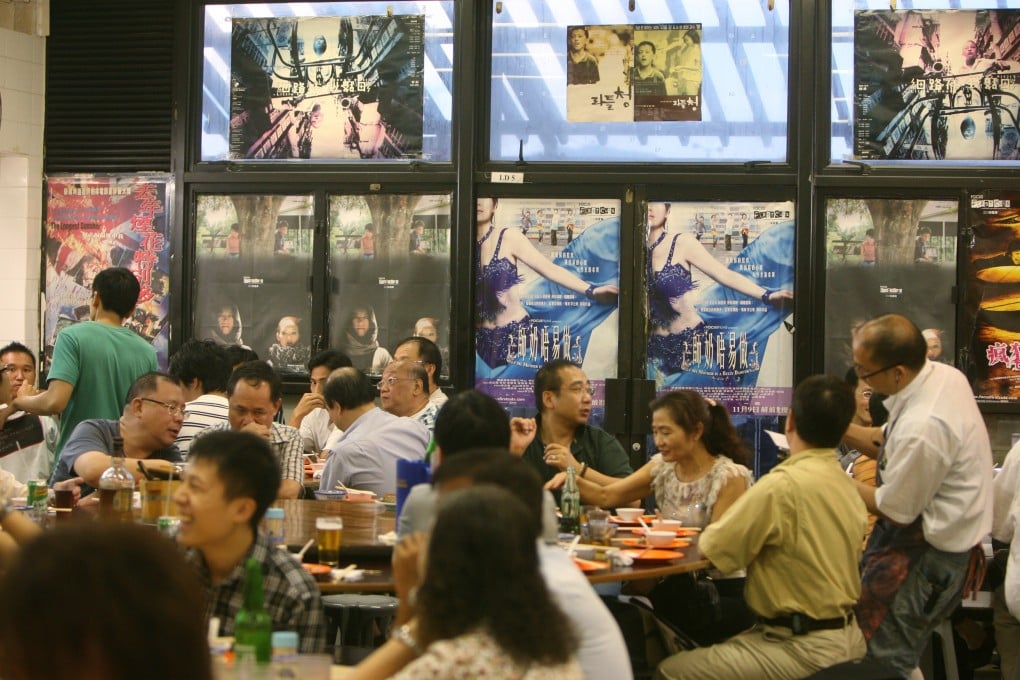Update | ‘It’s really not fair’: forced closure of Tung Po Kitchen, a Hong Kong icon, over tenancy breaches has a chef and long-time diner in despair
- The 30-year-old restaurant in a cooked-food market in North Point has long been a must-visit for tourists, but has its legions of local fans too
- Accused of violating the terms of its tenancy and given notice of its proposed termination, on August 26 the restaurant was given a week to close up

After 30 years in business, Tung Po Kitchen, an icon of Hong Kong dining, will shut down on September 2.
The sudden closure of the restaurant in the cooked-food market of the Java Road Municipal Services Building in North Point follows its unsuccessful appeal against a notice of proposed termination issued a month ago by the Hong Kong government’s Food and Environmental Hygiene Department.
Tung Po Kitchen’s written response to the notice was rejected, and the FEHD issued another notice to the restaurant on August 26 to cease operations by September 2.
In a statement, the FEHD said it reminded tenants of government-owned market stalls to abide by regulations, including the terms of their lease, and that in any case of a breach, the department may immediately repossess the stall and terminate the tenancy agreement.
It outlined the reason for terminating Tung Po Kitchen’s licence: it was because of the findings of an investigation that began in May 2021 to look into suspected illegal subleases by the four tenants. It was discovered that they did not operate as sole proprietors and were therefore in breach of their tenancy agreements.